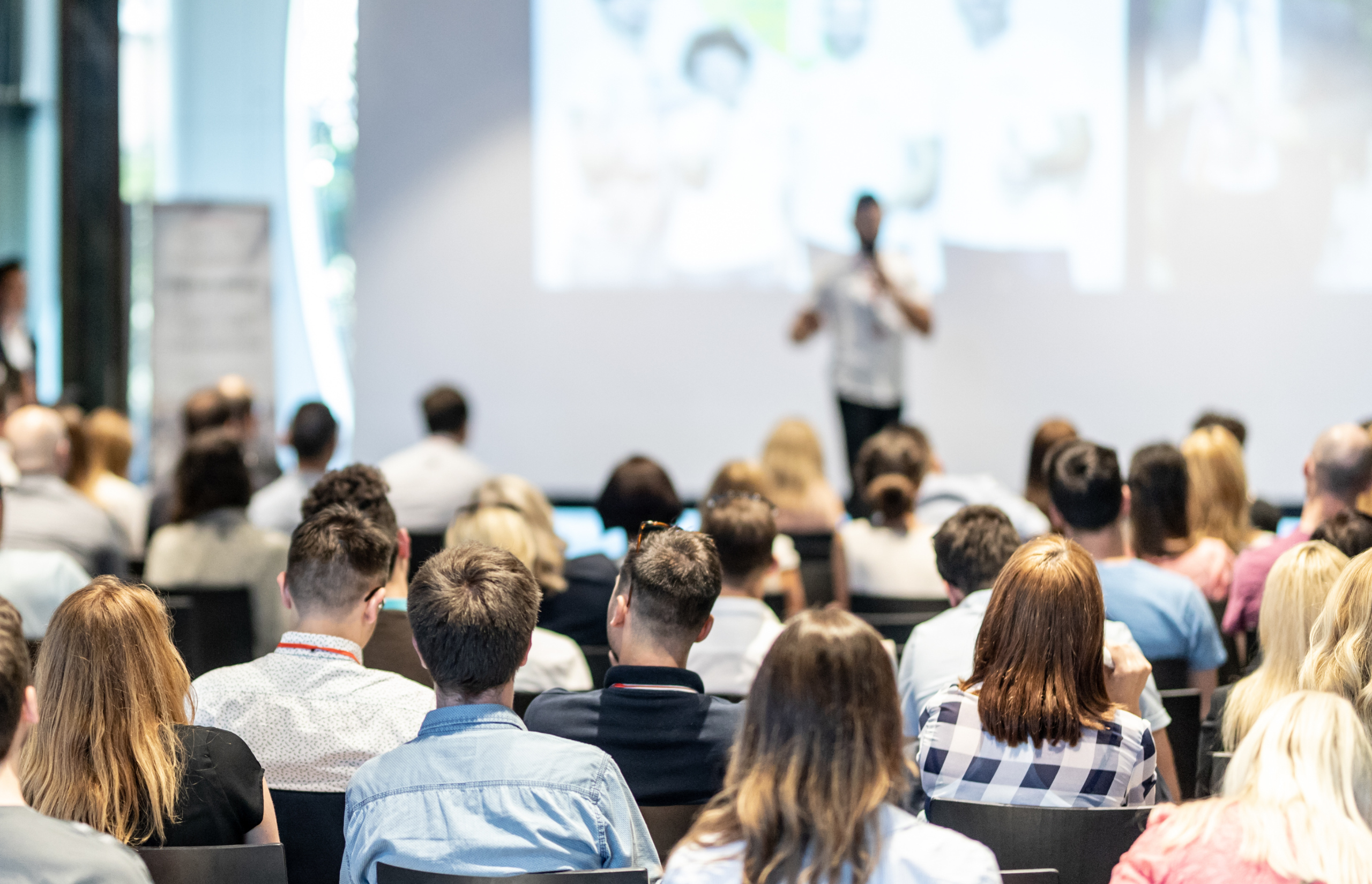11 April 2016
Great minds set to gather at the 10th annual Green Building Conference in Tshwane



“Green Buildings form an integral part of the Green Economy conversation, especially in South Africa where energy efficiency remains a focus and, as such the Green Building Conference is a much anticipated highlight of Sustainability Week 2016,” says Llewellyn Van Wyk, chairperson of the Green Building Conference, and Principal Researcher in Building Science and Technology at the Council for Scientific & Industrial Research (CSIR).
This year’s edition will be held under the theme “Building Smart: The Necessity Imperative” and invites delegates to engage and exchange ideas around current challenges facing human settlements and strategies to manage those. The objective is to share knowledge and experiences, especially in the form of case studies, and find solutions, while sharing lessons of the past, international best practises, and perspectives from across a number of different sectors.
The theme further calls on governments to accelerate progress already underway while investigating all opportunities to ensure a positive socio-economic transformation and sustainable improvement to the living and working conditions of the people of Africa in the long term, and believes that through the design and construction of energy, water, and resource efficient buildings, onto which energy generation technologies such as roof top solar, and rain water harvesting can be added, self-sufficiency can become a reality.
“Promoting self-sufficiency as the challenge to supply electricity, water, and waste services in cities grows daily, is a key strategy to building resilience and ensuring low cost futures for citizens. We need to re-imagine how our human settlements are planned, designed, and managed”, continues Mr Van Wyk.
Speakers at the Green Building Conference encompass design, architecture, and urban development professionals from around the world whom have experience in regard to the theme, and will include a panel led by Jordi Farrando of Spain, a founding member of the Urban Projects Department of Barcelona City Council, lecturer at Politechnycal University of Catalonia and currently Secretary General of the International Union of Architects; Nela de Zoysa of Sri Lanka, the principal of Design Corp and founder of Nela de Zoysa Design Corporation, who has vast experience in the areas of Design, Design Development and Construction Management; and Buhle Mathole, founder of Kabu Design Architects, a firm with a deep sense of African heritage, and a master architect who has been involved in large-scale projects such as the Gautrain stations, who heads a stellar line-up of South African speakers who will engage in highly interactive sessions around much-anticipated topics.
“In South Africa, and internationally, Green Buildings are being driven by Blue Chip tenants on the one end of the value chain and by the investment community on the other; facilitated by effective organisations, and encouraged through supportive government policies and well administered cities. The Green Building Conference aims to advance this dialogue with our African and international counterparts on innovative ways in which we can contribute to the great work already being done across our African cities,” Mr Van Wyk concludes.
A major sponsor of the Green Building Conference is Lafarge, a leading sustainable cement, concrete, aggregates and construction firm invested in inventing more socially responsible lifestyles for the future of the plane and its people. Affiliated organisations include the South Africa Institute of Architects. Registration for the Green Building Conference and Sustainability Week, taking place at the CSIR International Convention Centre from 31 May to 02 June 2016, is now open. For full delegate information, schedules, sponsor and speaker information, visit www.sustainabilityweek.co.za. Should corporates or individuals wish to sponsor the event or book exhibition space, they are welcome to contact Annie Pieters at Alive2Green on annie.pieters@alive2green or (+27)21 447 4733. ________________________________________________________________________________ Media contacts: Gaole Bogatsu Tsa Aforika Media gaole@tsaaforikamedia.co.za
073 368 1959
About Sustainability Week 2016
In 2016, delegate access to all sessions will again be open, enabling individuals to structure a bespoke programme that suits their personal preferences. This unique approach enhances the delegate experience as people from different sectors and different places interact with each other, seeing similar challenges from different perspectives, and discovering new opportunities. About the Green Building Conference – 1 & 2 June 2016.
The 10th annual Green Building Conference will focus on African approaches and leapfrog thinking to bring fresh thinking to what is fast becoming a mature market. Breakaway Sessions schedule – 2 June 2016 This year’s Conference will feature ‘Breakaway Sessions’ on Day 2, and will include a Sustainable Infrastructure Seminar with the theme Infrastructure for Sustainable Human Settlements, a Sustainable Water Resource Seminar and a Sustainable Energy Resource Seminar which will focus on strategies of advance energy security.
Session 1 topics include, Examining the ideal city/town blueprint to ensure citizens are locked into low environmental, low cost of living; Infrastructure to enable mobility as a key driver of sustainable urban planning; Low cost good food: infrastructure to enable urban food gardens; and a panel discussion.
Session 2 topics include, Measure is key – water foot printing as a basis for measurement and reporting; How well is self-regulation working? Large water users leading the way; Onsite water treatment – taking responsibility for treating effluent before release; and a panel discussion centered on the most fundamentally important interventions by consumers that can change the regional water paradigm.
Session 3 topics include, Advancing an integrated approach to maximising energy autonomy for consumers; How can demand savings be incorporated to improve the IRR of PPAs; Intelligent software systems to optimise energy efficiency and security; and a panel discussion summarising the key strategies to drive energy autonomy for consumers.


